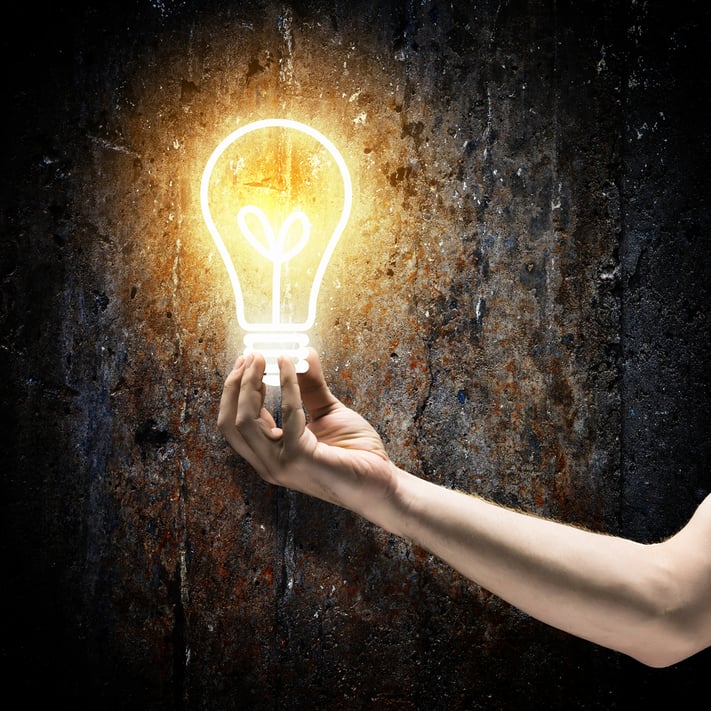
“Before I was broken, I was convinced that my problems were: My family, my school, the police, my girlfriend, my lack of a girlfriend, my peer group, my lack of money, etc., etc. etc.”"
The other day I was reading posts on Facebook and I came across one that illustrated the necessity of brokenness. The author wrote that he was in a store and noticed two brothers fighting over a glow stick the mother had just purchased. The older sibling snatched the glow stick from the younger, prompting howls and screams from his brother. The older child then broke the stick in half thereby activating the inner liquid to glow and then proceeded to give it back to his brother. The older brother said, "I had to break it so it would glow”.
This story illuminates the importance of brokenness. It illustrates that “alcoholic moment of clarity”. It demonstrates the moment of ego deflation that occurs just before step zero. It shows me the importance of the wisdom contained on page 30 of the book Alcoholics Anonymous which states, “We learned that we had to fully concede to our innermost selves that we were alcoholics”.
Before I was broken, I was convinced that my problems were: My family, my school, the police, my girlfriend, my lack of a girlfriend, my peer group, my lack of money, etc., etc. etc. It was only when I was broken, did I realize that my problems were of my “own making”. It was only when I was broken, did I realize that my problem was my addiction.
St. Paul once wrote, “I delight in weaknesses, in insults, in hardships, in persecutions, in difficulties. For when I am weak, then I am strong” (2 Corinthians 12:10). In this passage Paul reminds us that in these times of weakness we can allow ourselves to open to God’s grace. It is in times of trial and tribulation we experience our “powerlessness” and we can allow God’s power to come into our lives.
When speaking to audiences on recovery I often ask them, “Do you know that prayer that you say in the back of the squad car?” This always elicits some laughter and heads bobbing north and south in recognition of this common experience. It is a universal experience that when we are busted and broken, we are more apt to turn to help. When our spirits are deflated, we are more apt to turn to the “sunlight of the spirit”.
Many of us in recovery have experienced trauma in our lives. But these experiences, this brokenness, which describes us, doesn’t have to define us. More importantly, “we will begin to see how our experiences can benefit others”. Thus, our brokenness can be turned into a tool of compassion and healing for others.
Our addiction may have broken us, but when the breaking is done, and the healing begins we will start to turn our faces to the “sunlight of the spirit”. We will begin to understand the reason for which we were created - to glow!





